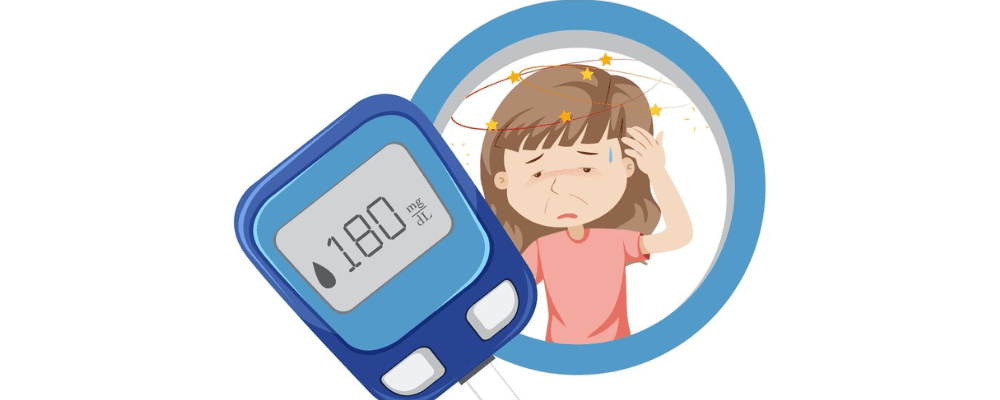Tea has earned its place as a beloved winter companion in India for good reason. It offers a soothing respite from the chill while providing a myriad of enchanting Health benefits. From keeping you cozy during the chilly months to promoting health and wellness, tea's warm embrace is a winter essential you won't want to miss.
We understand your love for savoring a delightful cup of tea. That's why we're excited to introduce you to the wonderful benefits of tea during the winter season. As you sip your tea, let these points enlighten you with some lesser-known advantages of this comforting beverage.
Types of Tea ☕: Which Tea Is The Best For Winter
Here are the types of tea well-suited for winter in one-line pointers:
Black Tea: Robust flavor and caffeine boost for warmth.
Chai Tea: Spiced black tea with cinnamon, cardamom, ginger, and cloves.
Herbal Tea: Warming ingredients like ginger, cinnamon, and peppermint, tulsi {Basil family}.
Green Tea: Antioxidant-rich with a gentle caffeine lift.
White Tea: Delicate flavor, lower caffeine, milder option.
Honey-Lemon Tea: Soothes sore throats and provides comfort.
Lavender Tea: Calming, promotes relaxation and sleep.
Blue Tea: Blue tea can be soothing in winter due to its warm, aromatic properties.
Click Below To know more About the Health Benefits of Blue Tea
10 Extraordinary Health Benefits of Blue Tea
Sipping on tea not only provides instant energy and a sense of well-being but also takes on added significance during the winter months. Choosing the appropriate tea, and using the right ingredients and recipes, can significantly enhance your health and overall comfort.
Benefits Of Drinking Tea In Cold Weather
Winter ushers in challenges like allergies, colds, coughs, and nasal congestion. A warm cup of tea offers relaxation, aids digestion, detoxifies, calms, enhances immunity, promotes skin health, aids mental well-being, and aids weight loss. Know some of the top health benefits of tea.
1. Relief from Cold and Cough
Winter often brings colds and coughs, and consuming warm teas can provide relief. Teas infused with spices like ginger, Tulsi, turmeric, or cinnamon can soothe symptoms by reducing nasal inflammation.
2. Enhanced Digestion
The winter season can lead to digestive issues due to heavier meals and reduced physical activity. Teas like ginger, mint, or star anise can aid digestion and alleviate gastrointestinal discomfort.
3. Improved Blood Circulation
Inactivity during winter can lead to stiffness and reduced blood circulation. Cinnamon and chamomile teas can help regulate blood sugar levels and enhance internal blood flow.
4. Anti-Inflammatory Benefits
Warm herbal teas, including saffron-infused blends or those with cloves, have anti-inflammatory properties that can reduce swelling and alleviate pain.
5. Natural Energy Boost
Spiced teas serve as a healthy energy booster, rich in essential nutrients and minerals, without the potential adverse side effects of highly caffeinated energy drinks commonly found in the market.
6. Warming Comfort
Tea, when served hot, imparts warmth to your body, creating a cozy and comforting feeling during cold weather. It also Soothes Winter Aches and Pains.
Did You Know?
Ginger Tea is considered best for the winter season since Ginger tea is a winter essential, offering natural warmth, immune support, and relief from cold and flu symptoms. It aids digestion, eases joint pain, improves circulation, reduces stress, and provides potential benefits for weight management, blood sugar control, and antioxidants. A comforting and healthful choice in cold weather.
7. Hydration Maintenance
Regardless of the temperature outside, staying well-hydrated is crucial. Tea, whether hot or cold, aids in maintaining your body's fluid balance in dry winter conditions.
8. Immune Support
Many types of tea, particularly herbal varieties like ginger, echinacea, and elderberry, are renowned for their immune-boosting qualities. Consuming these teas can bolster your immune system, aiding in the prevention of common winter illnesses.
9. Rich in Antioxidants
Tea, especially green and herbal varieties, contains antioxidants. These compounds shield your cells from oxidative stress and have the potential to reduce the risk of chronic diseases.
10. Stress Reduction
Winter's cold and shorter daylight hours can elevate stress levels and mood swings. Teas like chamomile and lavender, known for their calming and stress-relieving properties, can help you unwind and relax.
11. Respiratory Relief
Specific herbal teas, including eucalyptus or thyme tea, can alleviate respiratory symptoms like congestion and coughs, which are more prevalent during cold months.
12. Cozy Tradition
Beyond the physical benefits, sipping a steaming cup of tea provides a sense of comfort and snugness on chilly days, making it a cherished winter ritual for many.
Important Tip
Beyond its ability to alleviate colds and coughs, enhance digestion, and invigorate blood circulation, be cautious of excessive tea consumption and explore adding beneficial ingredients this winter.
As the snow falls and the days grow shorter, remember that tea is more than just a drink—it's a bridge to relaxation, a remedy for winter woes, and a source of warmth and solace. So, brew a cup of your favorite blend, wrap yourself in a cozy blanket, and let the soothing steam transport you to a world of tranquility and health, one sip at a time.













1 comment
Jyoti
Really helpful specially for winters.
Really helpful specially for winters.